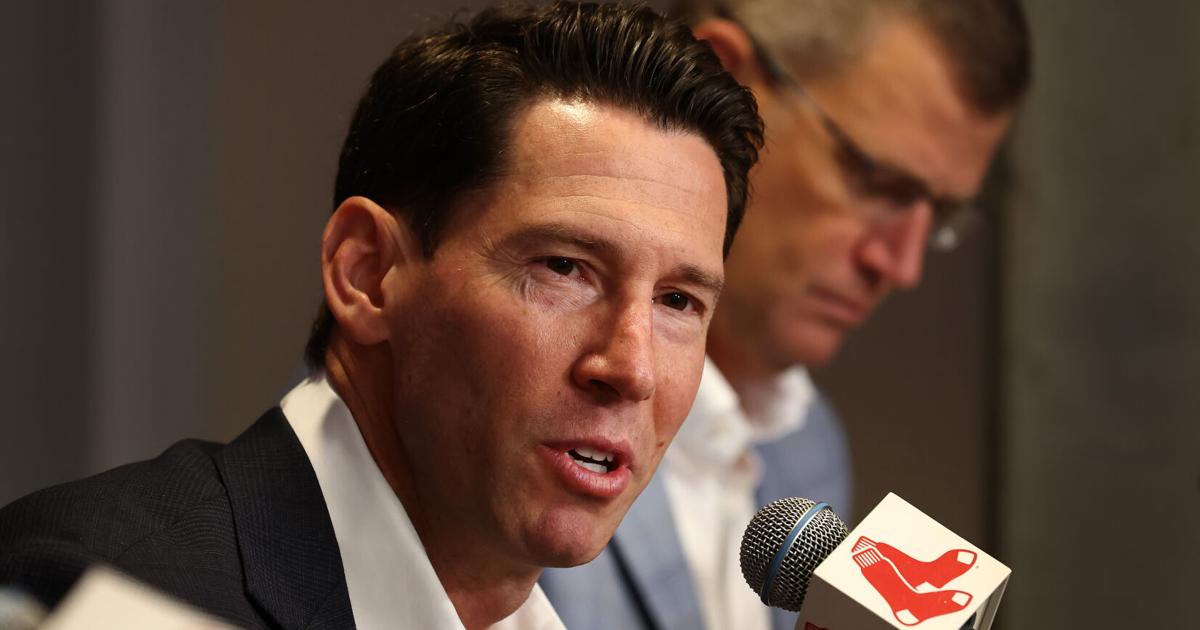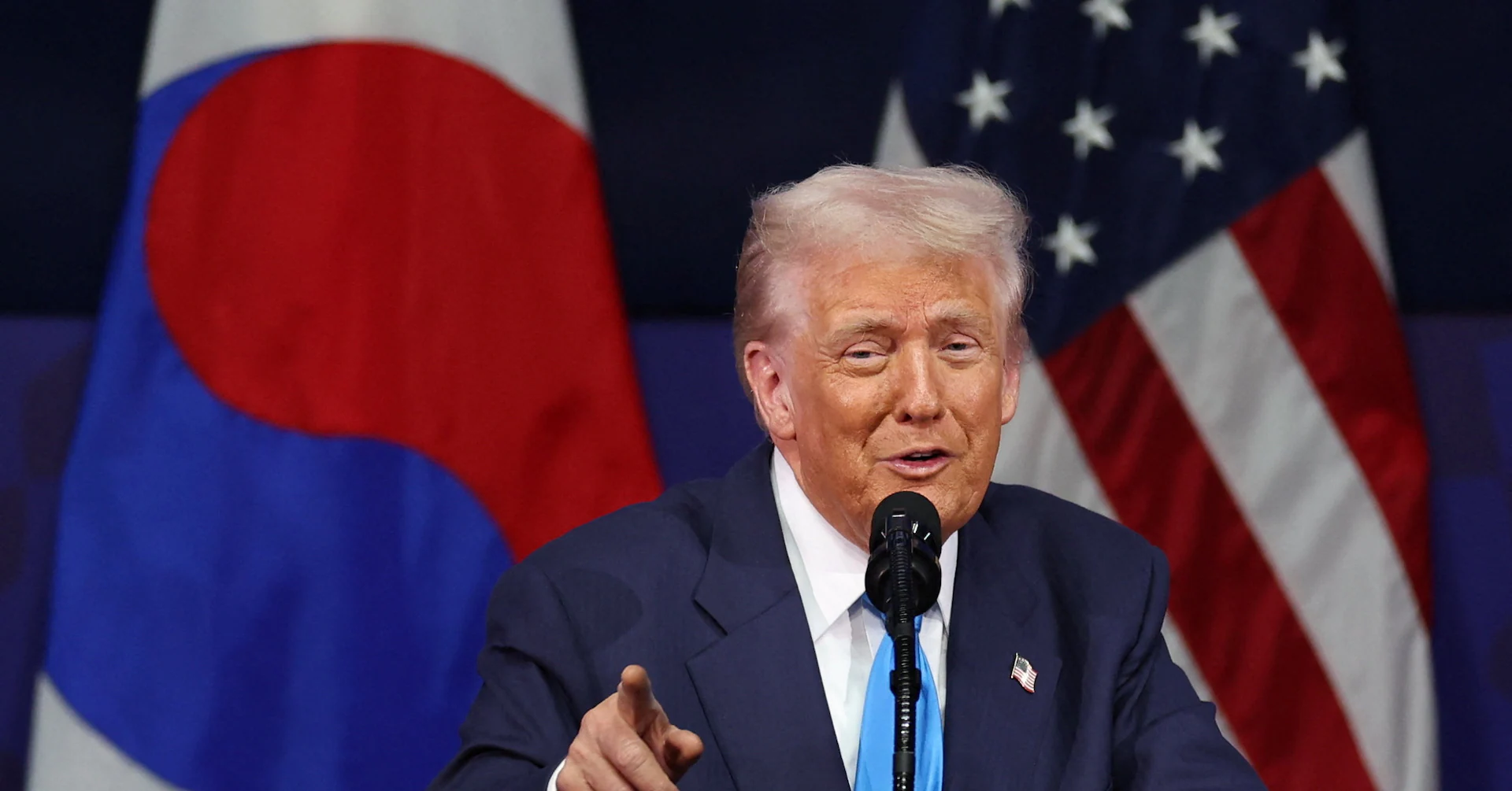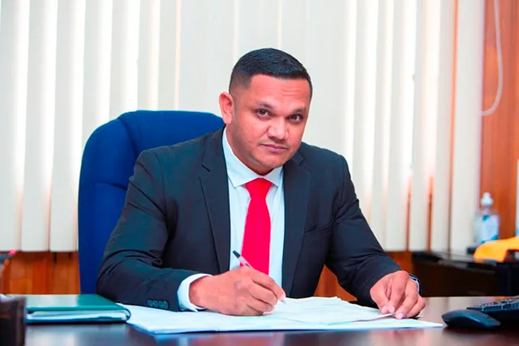Copyright keenesentinel

Over the weekend, the baseball offseason will officially commence. By the end of next week, free agents will be able to sign new contracts and teams will begin to conduct trade talks. Rosters will be adjusted and rebuilt. This will be Craig Breslow’s third winter serving as Red Sox’ chief baseball officer, and, it’s expected, far different from the first two. When he was first hired, Breslow began cautiously. The Red Sox were coming off consecutive losing seasons and the minor league system, while improving, was still not fully stocked. It made little sense to add major pieces to the big league roster without the foundation first being set. As such, in his first offseason on the job, he signed just two major league free agents — Lucas Giolito and Cooper Criswell – and executed two trades of consequence: acquiring Tyler O’Neill and dealing off Chris Sale. Last winter, Breslow shifted into another gear and dealt for Garrett Crochet while signing Alex Bregman and Aroldis Chapman. The additions paid off in a big way and the Red Sox qualified for the postseason for the first time since 2021. Now, Breslow finds himself — and his team — at something of a crossroads. Having made the Red Sox contenders again, he must now navigate the final steps to transform them from good to great. The decisions — some beyond his control — will come at him quickly. Within days, he’ll find out whether Bregman and Trevor Story will opt-out of their current contracts. He’ll also have to determine whether to give Giolito a qualifying offer. Then will come the maneuvering. Either from among the free agent class or via trade, Breslow must fine a No. 2 starter to complement Crochet and a power bat to further augment the lineup. He’ll do so in a division in which one rival team ousted his in the playoffs and the other won the American League pennant — and may yet win the World Series. It’s a daunting to-do list. “We’re definitely closer (to our goal) when you think about the season we just had,” said Breslow. “But we’re also not where we want to go yet and adding the wins that take you from 89 to 90 to 91 to 92 are really hard. On the field, we saw some of our key players take a step forward in terms of development and performance. “We also have needs that we’ll likely address via external acquisitions. From a (front) office standpoint, we’ve some really difficult but necessary decisions to get out operation focused on what matters, which is winning major league baseball games. We’re in an improved position to acquire the right players and make them better. “All that said, this isn’t the time to pat ourselves on the back. We have work to do.” The free agent field is an intriguing one, with a number of starting pitchers available who could enhance the Red Sox’ rotation. These choices range from Dylan Cease to Framber Valdez to Ranger Suarez to Michael King and more. On the trade front, the Red Sox could revisit talks for Minnesota’s Joe Ryan or Miami’s Sandy Alcantara — or others. It’s a matter of how the Red Sox wish to deploy their resources. As they seek to upgrade the top half of their rotation and the middle of their lineup, the Sox could either buy the missing pieces or trade from their minor league system, which is still regarded as one of the best in the industry. “Without getting into specifics about individual players,” said Breslow, “we will continue to look at all opportunities to improve the team. That likely means some combination of free agency, trades and the continued development of our own players. There are available players who are going to have All-Star seasons and there players who are going to underperform; our job as a front office is to get those decisions right.” in acquiring Crochet, the No. 1 starter they desperately needed, the Red Sox surrendered four Top 10 prospects to the Chicago White Sox. Additionally, at the last two trade deadlines, the Sox have made a series of smaller deals to address immediate needs on the major league roster, further depleting their minor league depth. Still, Breslow remains confident that the Sox have the necessary inventory of prospects to pull off further deals. Moreover, after a fallow period in which they failed to produce quality starting pitcher from their system, they now have a handful of young pitching prospects who could potentially fetch the team a more established front-line starter. Then again, the team could retain some of its best prospects and have them contribute to the parent club. “We believe that our farm system is strong,” said Breslow, “and we will look to improve our major league team through any pathway we can. The job I have is to balance the short- and long-term outlooks of the organization. It’s knowing when to make a trade like we did for Garrett Crochet and when a player like Roman (Anthony) or Ceddanne (Rafaela) or any of our other young players is best positioned to help win games here.” Of course, much of what the Red Sox do will be dependent on their payroll. The team went (slightly) over the CBT in 2025 and will likely have to do so again if it’s going to compete for prime for free agents and acquire established players in trade. In keeping with club tradition, the Red Sox aren’t telegraphing what they will spend on payroll for the 2026 season. Before any additions are made, the Red Sox have about $182 million committed to 2026. But Breslow believes he’ll have enough resources to do what he needs to accomplish. “I’m obviously not going to get into specifics about budgets,” he said, “but this ownership group has consistently provided the resources to invest in a winning team.” On Wednesday, the San Francisco Giants officially introduced Tony Vitello as their new manager. Vitello is believed to be the first major league manager to go directly from the college coaching ranks to a big league dugout without any experience — playing or coaching — in pro ball. As such, his hiring shocked many in the game. But Alex Cora was not among them. “It’s happened in the pitching department,” noted Cora, referring to Chris Johnson (Minnesota Twins) and Chris Fetter (Detroit Tigers), “and it was just a matter of time until somebody was going to take a calculated risk. This isn’t just being successful at (the University of) Tennessee; he’s a guy who has a great reputation. People have talked about him for years. He’s not that young — he’s 48 — and it was a matter of time for someone to go this route.” Cora himself played Division 1 college baseball in the early 1990s at the University of Miami, an elite program. At the time, the notion that a college coach could make the leap to an MLB job would have been unthinkable. But changes in the industry have narrowed the gap between the college game and the big leagues. “The business side of (college ball) is a lot closer to what’s going on in pro baseball, especially at the big league level,” said Cora. “Now, with the (transfer) portal and NIL, it’s very similar to professional baseball. We’re not here to recruit (in the big leagues) and convince people to come play for the Red Sox. “(The college game) is so much different than when we played. Now, it’s year-round and you have to recruit players and then you have to keep them. It’s a business. It’s sad to say but college sports are a business. That’s the reality of it. So I think that prepares (people like Vitello) for it. You have to go through a lot of stuff that will get him ready for what’s coming.” Cora expects that Vitello will begin reaching out to players in the offseason to get to know them. “I bet he won’t wait until spring training to start building relationships,” said Cora. “There are some alpha dogs in that clubhouse — you’ve got Matt Chapman, you’ve got Raffy (Rafael Devers), (Robbie) Ray, Willy Adames. It’s kind of like what I did when I got the job here — I flew to Fort Myers, to the Dominican to meet with players. “That’s something he’s done throughout his career during recruiting. But this is about building relationships. He’s going to bring energy. He had a great culture in Knoxville and he’ll try to have the same thing at the big league level, connecting with the players.”



